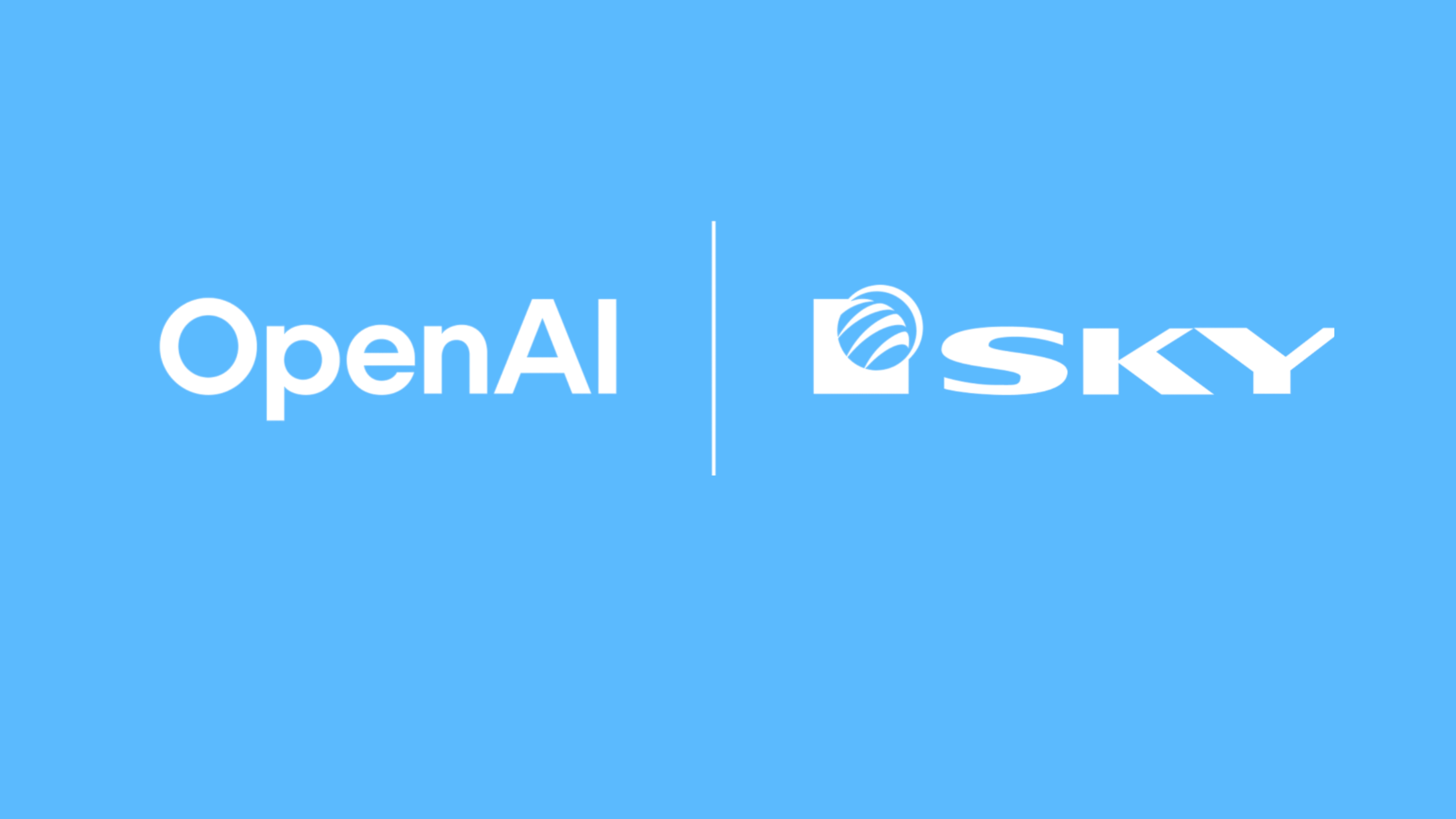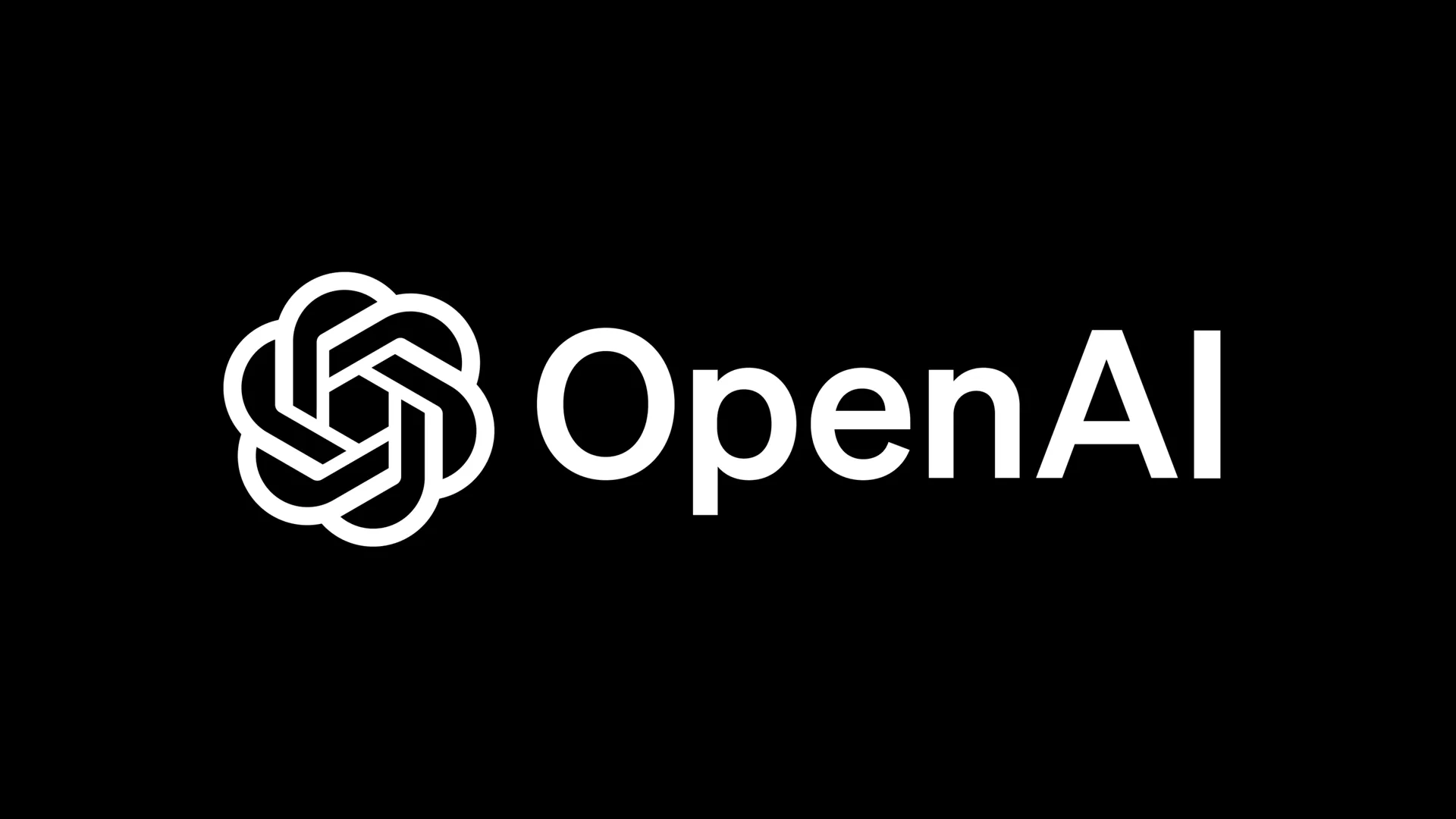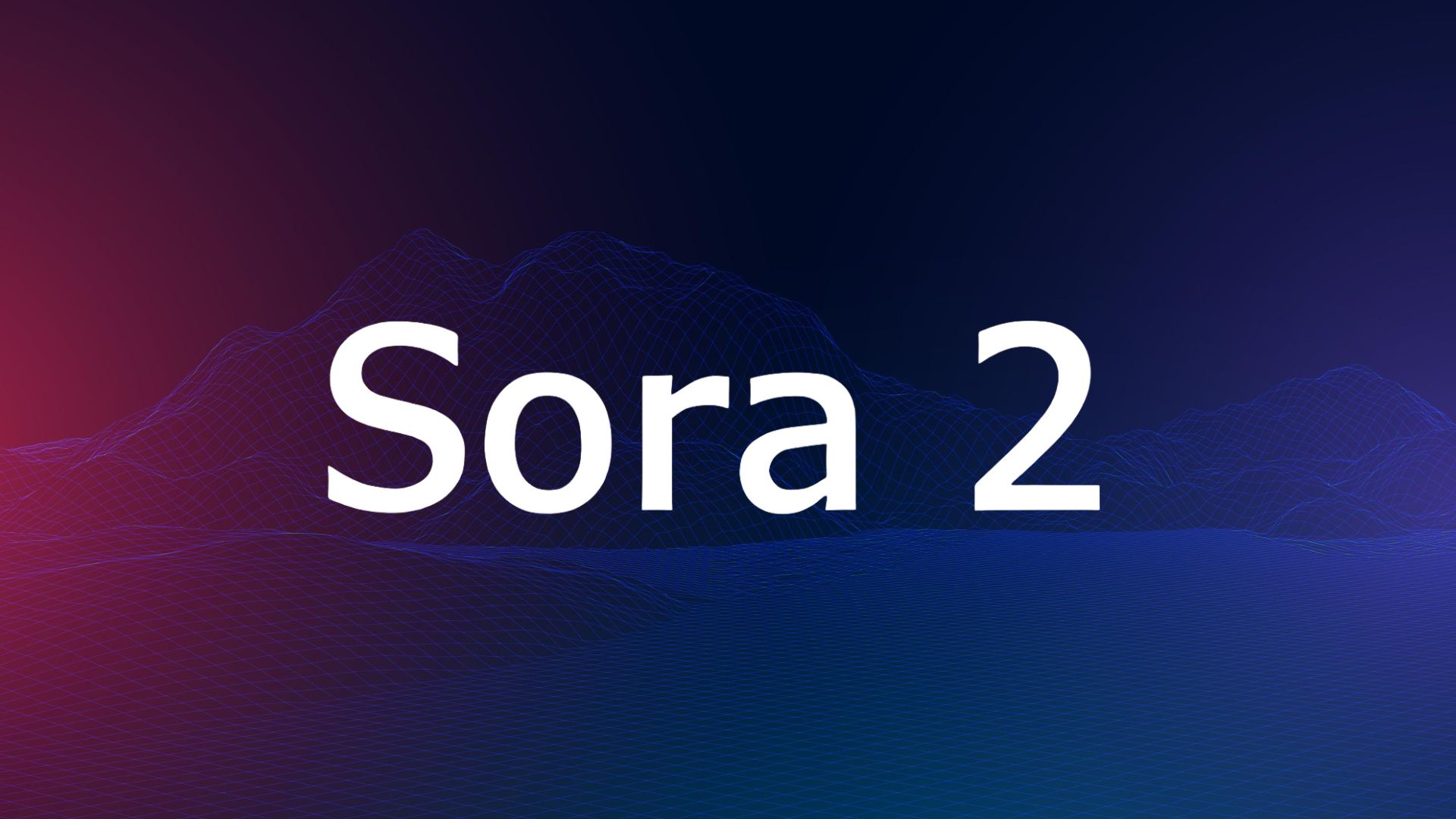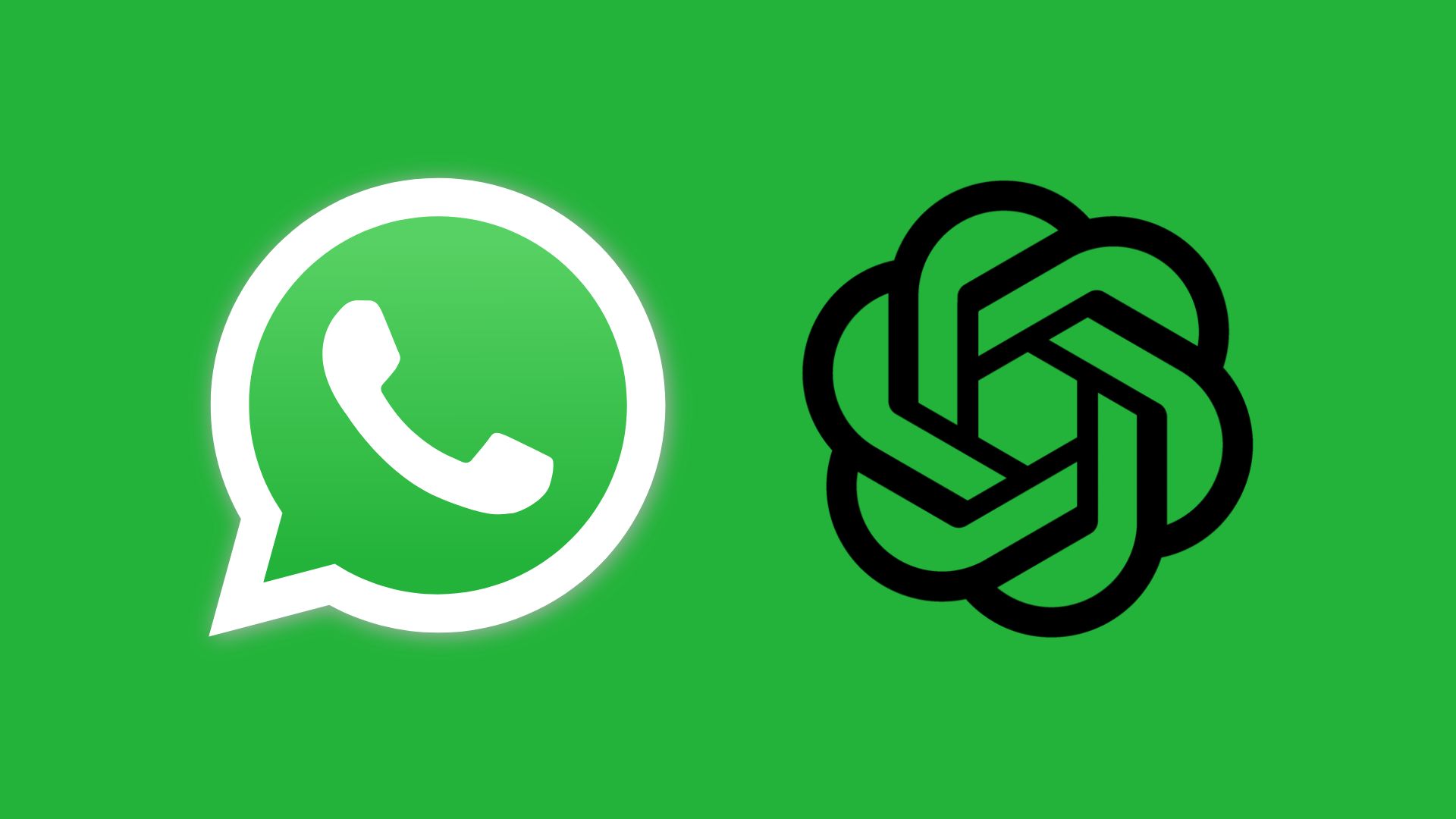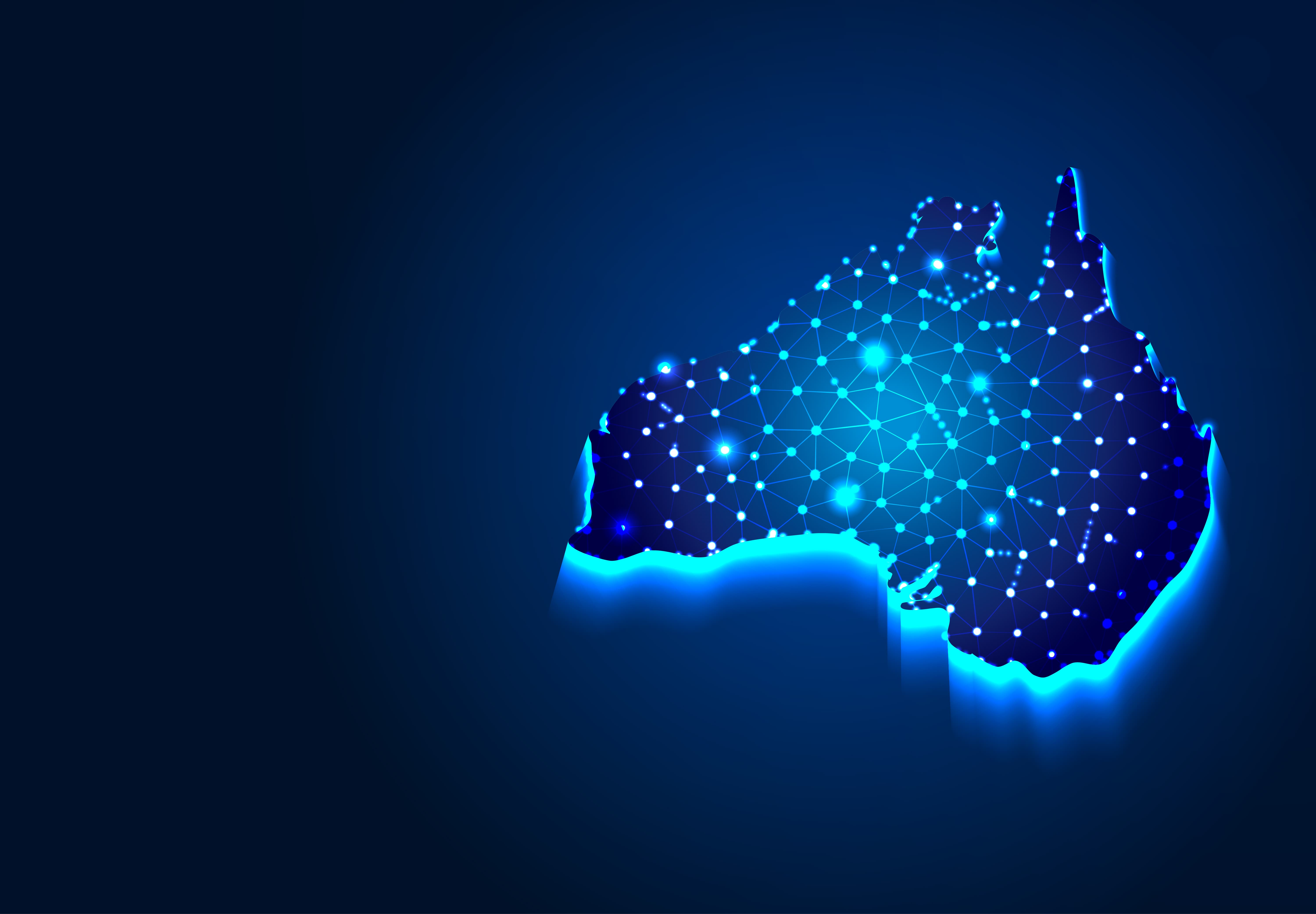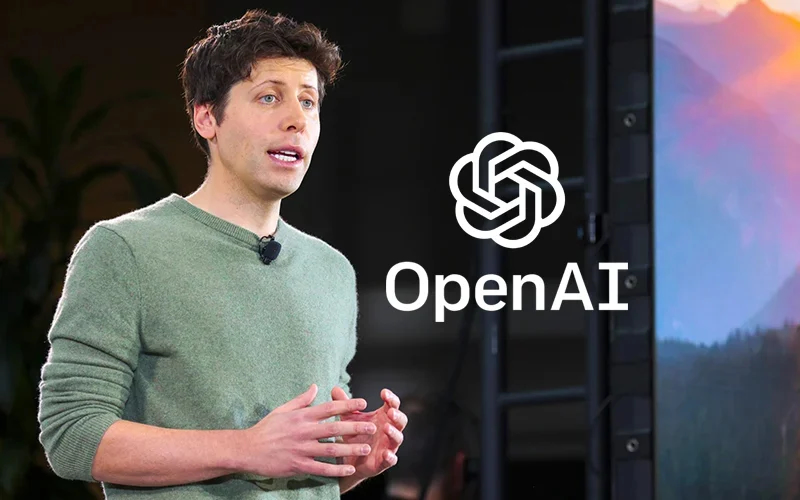OpenAI has announced significant enhancements to its text-to-video app Sora. The update introduces new features including pet and object ‘cameos’ in AI-generated videos, expanded video editing tools, social sharing elements and a forthcoming Android version of the app.
Using the new pet cameo feature, users will be able to upload photos of their pets or objects and then incorporate them into animated video scenes generated by Sora. The objective is to deepen personalisation and creative expression by letting users centre their own non-human characters.
Sora is also gaining editing capabilities that simplify the creation process. Users can remix existing videos, apply stylistic changes, and integrate social-type features like feeds where others’ creations can be viewed and shared. The Android app is noted as ‘coming soon’ which expands Sora’s accessibility beyond the iOS/web initial release.
The move reflects OpenAI’s strategy to transition Sora from an experimental novelty into a more fully featured social video product. By enabling user-owned content (pets/objects), expanding sharing functionality and broadening platform reach, Sora is positioned to compete in the generative video and social media landscape.
At the same time, the update raises questions around content use, copyright (especially when user-owned pets or objects are included), deepfake risks, and moderation. Given Sora’s prior scrutiny over synthetic media, the expansion into more personalised video may prompt further regulatory or ethical review.
Would you like to learn more about AI, tech and digital diplomacy? If so, ask our Diplo chatbot!


